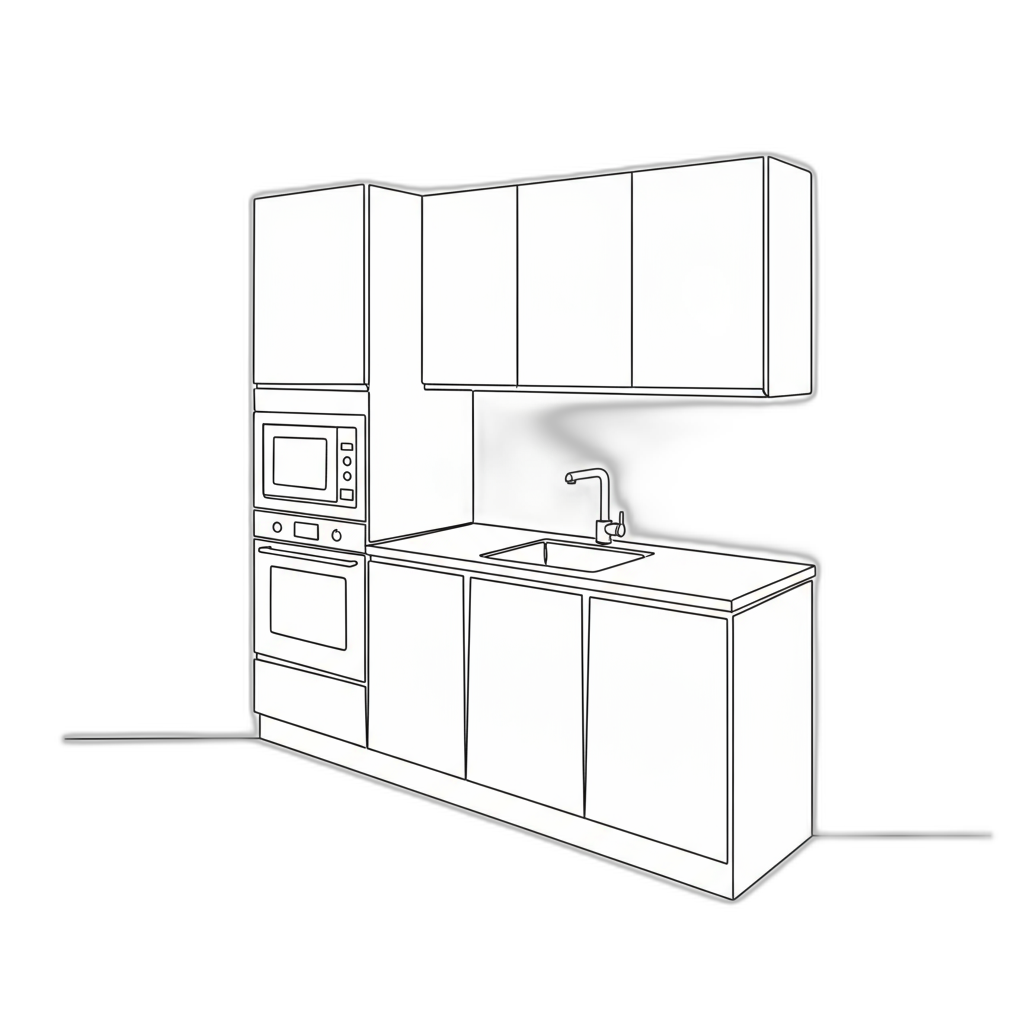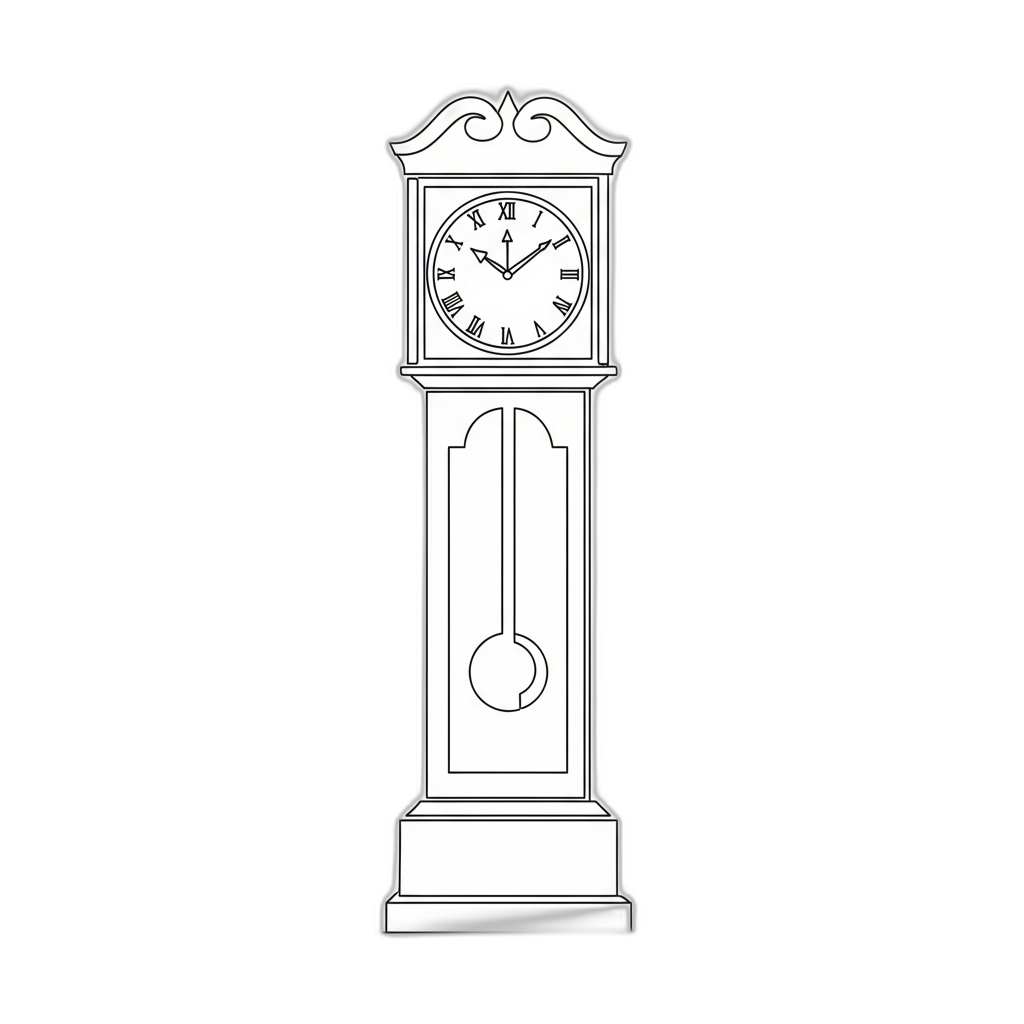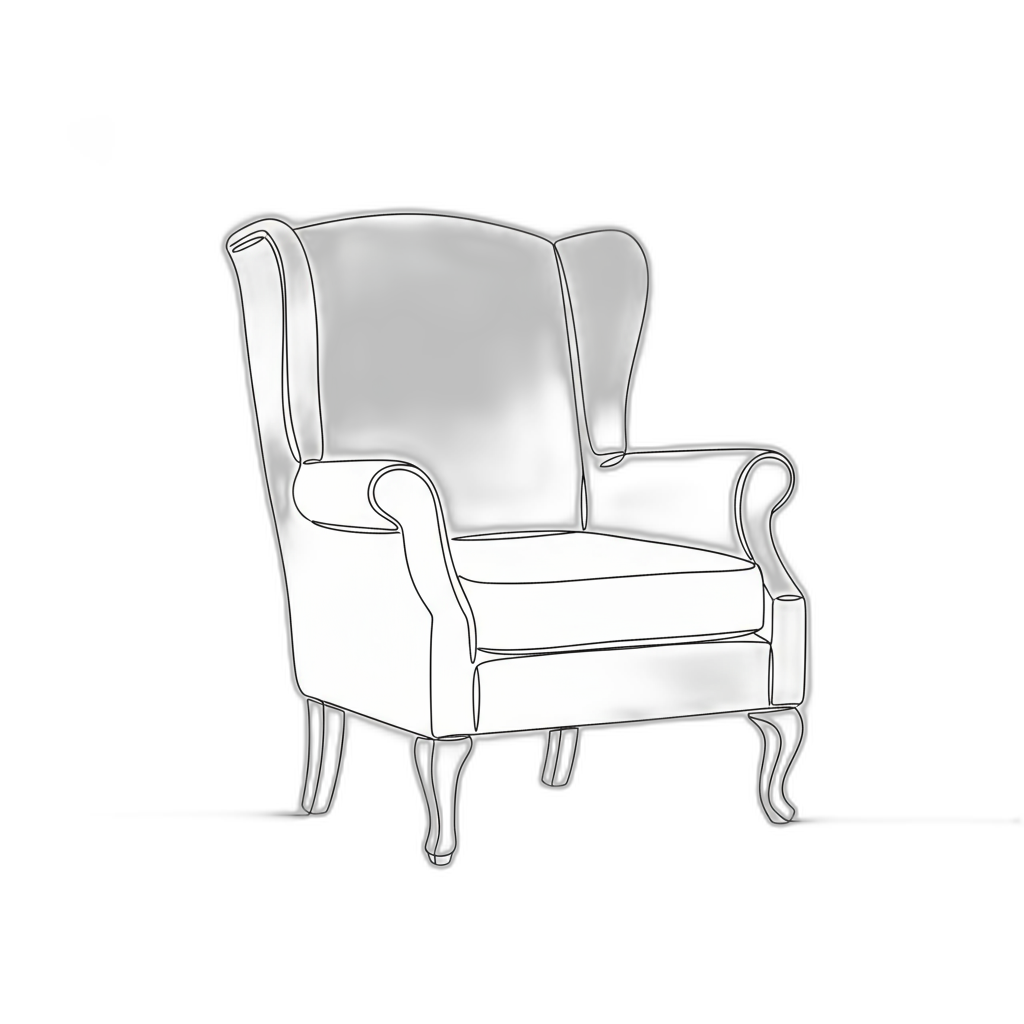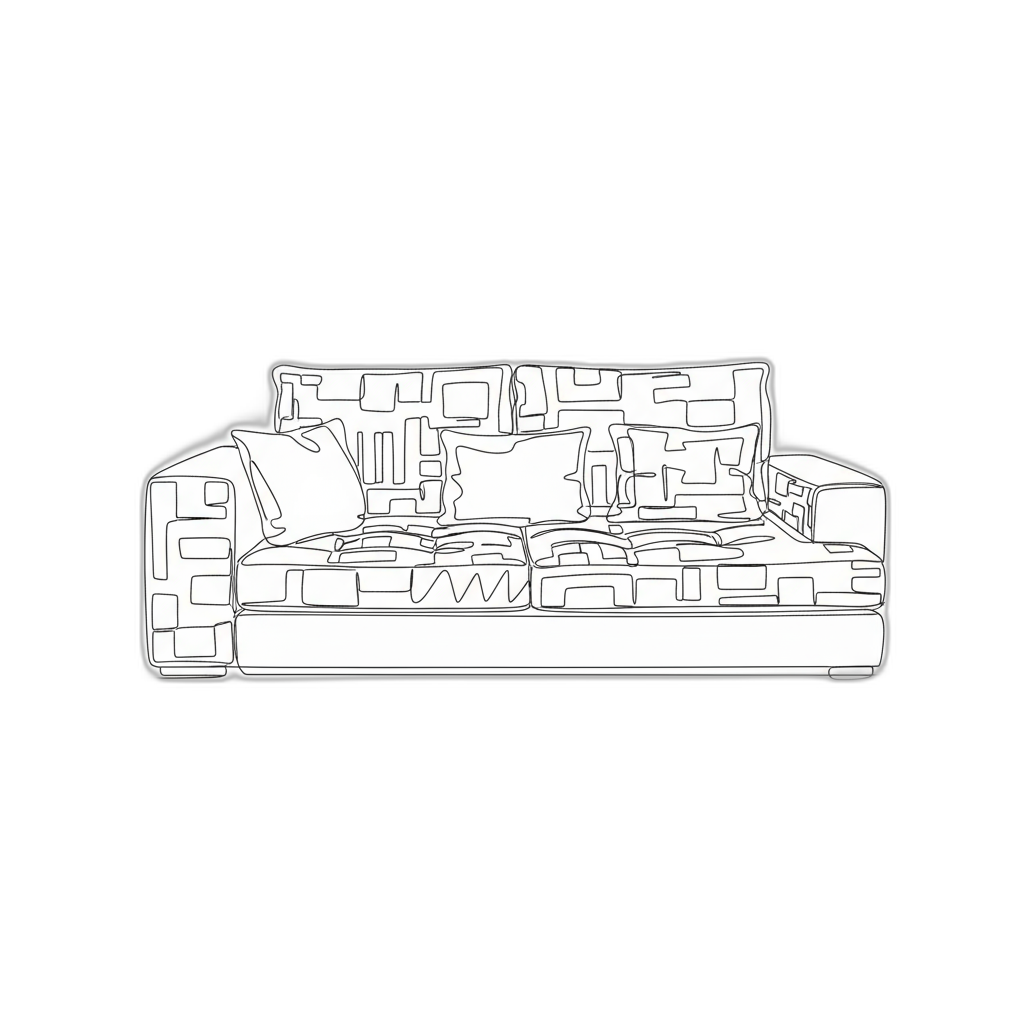About Furniture Appraisals for Charitable Donation
Frequently Asked
Questions
No Frequently Asked Questions Found.
What is Charitable Donation?
Charitable donation is a powerful act of giving that involves contributing assets, money, or services to nonprofit organizations, charities, or community groups. This philanthropic practice enables individuals and businesses to support causes they care deeply about while potentially receiving tax benefits.
These donations can take multiple forms, ranging from direct cash contributions to complex asset transfers. Monetary gifts are the most straightforward, typically involving cash, checks, or electronic transfers. However, donors can also contribute non-cash items like clothing, vehicles, securities, and even real estate.
Beyond financial support, charitable donations serve a critical role in addressing societal challenges. They provide essential funding for organizations working in areas such as education, healthcare, environmental conservation, and social justice. By contributing, donors become active participants in creating positive community change, supporting initiatives that might otherwise struggle to secure necessary resources.
The impact of charitable giving extends far beyond immediate financial support. These contributions help nonprofit organizations sustain their operations, develop innovative programs, and expand their reach to serve more individuals and communities in need. Moreover, donations foster a sense of collective responsibility and interconnectedness, demonstrating how individual actions can contribute to broader social progress.
For donors, charitable contributions offer potential tax advantages. Many jurisdictions allow tax deductions for gifts to qualified nonprofit organizations, which can help reduce overall tax liability. However, donors should maintain detailed documentation and, for significant non-cash donations, obtain professional appraisals to ensure proper valuation and tax compliance.
Ultimately, charitable donation represents a meaningful intersection of personal values, social responsibility, and practical financial strategy. Whether through monetary gifts, professional services, or tangible assets, each contribution has the potential to create meaningful, lasting impact.
Why do I need an appraisal for Charitable Donation?
When donating items to a charitable organization, understanding their precise market value is crucial for both donors and recipients. A professional charitable donation appraisal serves multiple critical purposes beyond simply assigning a monetary figure to your contribution.
From a tax perspective, the IRS mandates a qualified appraisal for non-cash contributions exceeding $5,000. This requirement isn't just bureaucratic red tape—it's a formal mechanism ensuring donors can accurately document and substantiate their charitable gifts. Proper documentation protects donors during potential tax reviews and helps maximize potential tax deductions.
Accurate valuation goes far beyond financial benefits. A professional appraisal introduces transparency and credibility to the donation process. Charitable organizations rely on precise documentation to validate contributions, demonstrate impact, and maintain financial accountability. When donors provide comprehensive appraisals, they empower nonprofits to more effectively communicate the tangible value of philanthropic support.
The expertise of a qualified appraiser cannot be overstated. These professionals understand nuanced market conditions, item-specific valuation methodologies, and current regulatory standards. Their specialized knowledge ensures donors receive a comprehensive, defensible assessment that reflects the true worth of their contribution.
Different types of donations—whether artwork, real estate, vehicles, or collectibles—require specific evaluation approaches. A professional appraiser brings specialized knowledge to assess each item's unique characteristics, historical context, and current market dynamics. This meticulous approach guarantees a fair, accurate representation of the donation's value.
By investing in a professional appraisal, donors transform their generosity into a strategic, well-documented contribution that benefits both the charitable organization and their personal financial planning.
What is a Furniture appraisal?
A furniture appraisal is a comprehensive professional evaluation that determines the intrinsic and market value of furniture pieces through meticulous examination and analysis. This specialized assessment involves a detailed inspection of multiple critical attributes that collectively influence a piece's worth.
Professional appraisers conduct an in-depth examination considering key factors such as age, condition, craftsmanship, materials, and historical significance. They carefully assess the furniture's physical characteristics, including the quality of construction, original materials, and overall preservation state. Specific design elements like wood type, joinery techniques, surface finishes, and manufacturing methods play crucial roles in determining value.
The appraisal process extends beyond visual inspection, incorporating extensive research into comparable market sales, auction records, and current collector trends. Appraisers analyze historical context, examining how specific design periods, manufacturers, and artistic movements impact a piece's desirability and potential financial value. Unique provenance, rare design elements, and original condition can dramatically influence an item's overall appraisal.
Expertise in furniture history, materials science, and market dynamics allows appraisers to provide nuanced, accurate valuations that reflect both the item's intrinsic qualities and its current market positioning. This comprehensive approach ensures a thorough and precise assessment that goes well beyond simple visual estimation.
Can I get a Furniture appraisal done online?
In the digital era, online furniture appraisals have become an increasingly viable and convenient option for individuals seeking professional valuation services. These digital assessments typically involve submitting comprehensive photographic evidence and detailed item descriptions, allowing professional appraisers to conduct thorough evaluations without physical presence.
The online appraisal process is designed to be both flexible and comprehensive. Clients are usually required to provide extensive information about their furniture, including precise dimensions, manufacturing details, current condition, age, and any distinctive characteristics that might influence its value. High-quality, multiple-angle photographs are crucial for enabling appraisers to make accurate assessments.
Advanced technological platforms now support various interactive appraisal methods. Live video consultations through platforms like Zoom or Skype enable real-time communication, allowing appraisers to request additional visual information or ask specific questions about the item. This interactive approach helps bridge the gap between traditional in-person assessments and remote evaluations.
Remote appraisals offer significant advantages, particularly for individuals with scheduling constraints, mobility limitations, or geographical challenges. Clients can undergo professional furniture valuations from the comfort of their home, eliminating the need for complicated logistical arrangements or transportation of potentially fragile items.
While online appraisals provide remarkable convenience, clients should understand that the accuracy of the assessment depends heavily on the quality and comprehensiveness of the information submitted. Clear, well-lit photographs and detailed, honest descriptions are essential for obtaining a reliable valuation.
The digital appraisal landscape continues to evolve, with professionals leveraging sophisticated technologies to deliver precise and trustworthy evaluations. For those seeking a convenient, efficient approach to understanding their furniture's value, online appraisals represent a modern solution to traditional valuation challenges.
What are the different types of Furniture appraisals?
Furniture appraisers are skilled professionals who evaluate the value of furniture through comprehensive analysis and specialized expertise. These professionals go beyond simple price estimation, delving into the intricate details that determine an item's true market worth. Their assessments consider multiple factors including historical context, craftsmanship, condition, and market dynamics.
Antique furniture appraisers represent a critical subset of this profession, focusing on pieces with significant historical value. They possess deep knowledge of period-specific design elements, manufacturing techniques, and cultural influences. Their expertise allows them to authenticate and precisely value items over a century old, distinguishing genuine antiques from skillful reproductions.
Contemporary furniture appraisers specialize in more recent designs, tracking current market trends and understanding the nuanced value of modern pieces. These professionals are particularly adept at evaluating furniture from the past few decades, considering factors like designer reputation, manufacturing quality, and current aesthetic preferences.
Collectible furniture appraisers occupy a unique niche, concentrating on pieces that hold special significance within collector communities. They understand the complex ecosystem of collector markets, assessing value based on rarity, historical importance, and desirability among specialized enthusiasts.
Specialty furniture appraisers develop deep expertise in specific styles or categories, such as mid-century modern or artisan-crafted pieces. Their targeted knowledge allows for precise valuations that consider the subtle characteristics unique to particular design movements or crafting traditions.
Furniture restoration appraisers bring technical insight into how preservation and restoration impact an item's value. They evaluate the potential and limitations of restoring a piece, providing critical guidance on maintaining or enhancing its market worth through careful intervention.
Selecting the right appraiser requires careful consideration of the specific furniture in question and the purpose of the valuation, ensuring a comprehensive and accurate assessment.
Why should I get a Furniture appraisal?
Furniture appraisals provide critical insights into the monetary and historical value of personal property across various life scenarios. These professional assessments serve multiple strategic purposes that extend far beyond simple valuation.
Insurance documentation represents a primary driver for obtaining furniture appraisals. Comprehensive valuations ensure homeowners can secure appropriate coverage and expedite claims processes in the event of loss, theft, or damage. Precise documentation becomes instrumental in protecting significant investments and providing clear evidence of an item's worth to insurance providers.
Estate planning and legal proceedings also benefit substantially from professional furniture appraisals. When distributing assets among heirs, accurate valuations help create equitable divisions and minimize potential familial conflicts. These assessments provide transparent, objective information about furniture's market value, facilitating smoother inheritance transitions and legal settlements.
Charitable donations involving high-value furniture require professional appraisals to validate tax deduction claims. When furniture exceeds certain monetary thresholds, documented assessments become essential for substantiating donation values and maximizing potential tax benefits.
Divorce proceedings frequently rely on furniture appraisals to determine fair property division. Professional evaluations offer neutral, fact-based assessments that help reduce emotional tension and streamline settlement negotiations by providing clear, defensible property values.
Collectors and antique enthusiasts particularly benefit from professional appraisals, gaining insights that inform purchasing, selling, and maintaining valuable collections. Understanding precise market values empowers informed decision-making and prevents potential financial misjudgments.
Ultimately, furniture appraisals represent more than simple monetary assessments. They provide comprehensive insights that protect financial interests, facilitate legal processes, and offer peace of mind across numerous personal and professional contexts.
How much does a Furniture appraisal cost?
Why Accurate Furniture Valuation Matters for Your Charitable Donation
Accurate furniture valuation is a critical component of charitable giving, impacting both financial benefits and philanthropic integrity. When donating furniture, understanding its true market value serves multiple important purposes.
Key Considerations for Furniture Donation Valuation
- Tax Deduction Precision: The IRS requires detailed documentation for furniture donations, especially for items valued over $5,000
- Charitable Impact: Precise valuations help organizations maximize the potential revenue from donated items
- Legal Compliance: Accurate appraisals protect donors from potential audit risks and financial penalties
Why Accurate Valuation Matters
Proper furniture valuation goes beyond simple price determination. It represents a critical intersection of financial responsibility, ethical giving, and community support.
Financial Benefits
Donors can maximize their tax deductions by obtaining professional appraisals that accurately reflect the fair market value of their furniture. This approach ensures:
- Substantiated donation values
- Reduced risk of IRS challenges
- Potential increased tax savings
Building Trust with Charitable Organizations
Transparent and accurate valuations foster goodwill between donors and charitable organizations. When donations are precisely valued, charities can:
- Efficiently allocate resources
- Plan more effectively for potential revenue
- Demonstrate accountability to donors and stakeholders
By investing time in obtaining a professional appraisal, donors can ensure their furniture donations make a meaningful impact while maintaining financial and ethical integrity.
Navigating IRS Guidelines: What You Need to Know
Navigating IRS guidelines for furniture donations can be complex, but understanding key regulations will help you maximize tax benefits while making a meaningful charitable contribution.
Essential Guidelines for Furniture Donation Tax Deductions
1. Verify Charitable Organization Status
- Donate only to IRS-recognized 501(c)(3) organizations
- Use the IRS Charities Search tool to confirm organizational status
- Ensure the charity is legitimate and qualified to receive tax-deductible donations
2. Understand Fair Market Value (FMV) Calculations
- FMV represents the price a willing buyer would pay a willing seller
- Valuation depends on:
- Furniture condition
- Age of the item
- Current market demand
- Original purchase price
- Professional appraisals can provide accurate valuation, especially for unique or high-value pieces
3. Comprehensive Documentation Requirements
- Obtain an official donation receipt from the charitable organization
- For donations under $250: Basic acknowledgment is sufficient
- For donations over $250: Detailed acknowledgment must include:
- Detailed description of donated furniture
- Date of donation
- Estimated value of the item
4. Appraisal Specifications
- Mandatory professional appraisal for single items valued over $5,000
- Appraisal must be completed by a qualified professional
- Keep a copy of the detailed appraisal for tax records
5. Deduction Limitations
- Maximum deduction typically up to 50% of adjusted gross income
- Deduction percentage varies based on donation type and receiving organization
- Consult a tax professional for precise calculation of potential deductions
By carefully following these guidelines, you can ensure a smooth donation process that benefits both the charitable organization and your tax planning strategy.
Types of Furniture with the Highest Donation Potential
When donating furniture, understanding which types hold the highest potential for tax deductions and charitable impact is essential. Certain categories of furniture not only enrich the lives of those in need but also carry more substantial appraisals due to demand, quality, and condition.
Top Furniture Categories for Charitable Donations
1. Antique Furniture
Antiques, especially those that are well-preserved, often command high appraisals. Key attributes include:
- Historical significance
- Exceptional preservation
- Collector's appeal
- Examples: Victorian chairs, Chippendale tables, mid-century modern pieces
2. Designer or Brand Name Furniture
Furniture from renowned designers maintains substantial value and attracts charitable organizations. Notable characteristics include:
- Recognized brand reputation
- Consistent market demand
- Potential long-term value preservation
- Brands like Herman Miller, Knoll, and Ethan Allen
3. Solid Wood Furniture
High-quality wood pieces offer durability and lasting value. Preferred wood types include:
- Mahogany
- Oak
- Cherry
- Ideal pieces: Dining room sets, chests of drawers, desks
4. Vintage Furniture
Mid-20th century furniture appeals to diverse audiences through unique characteristics:
- Distinctive aesthetics
- Exceptional craftsmanship
- Wide market appeal
- Popular items: Retro chairs, dining sets, desks
5. Functional and Versatile Items
Multi-purpose furniture increases donation attractiveness by offering practical benefits:
- Space-saving design
- Multiple usage options
- Quick resale potential
- Examples: Sofa beds, storage ottomans, extendable dining tables
By focusing on these categories, donors can contribute valuable items that make a meaningful difference while maximizing their charitable contributions. Accurate appraisal ensures both donors and charitable organizations understand the true value of donated furniture.
Preparing Your Furniture for a Professional Appraisal: A Step-by-Step Guide
Preparing Your Furniture for a Professional Appraisal: A Comprehensive Preparation Guide
Navigating a professional furniture appraisal for charitable donation requires careful preparation and attention to detail. Follow these strategic steps to ensure a comprehensive and accurate assessment.
Step 1: Comprehensive Documentation Gathering
- Collect original purchase receipts
- Retrieve past appraisal documents
- Compile manufacturer information
- Gather authenticity certificates
- Organize provenance records
Comprehensive documentation provides critical context for the appraiser, helping establish the furniture's historical and monetary value.
Step 2: Meticulous Furniture Preparation
- Thoroughly clean all surfaces
- Carefully dust and polish
- Inspect for existing damage or wear
- Document any previous repairs
- Ensure transparent presentation of item's condition
A well-presented piece allows the appraiser to conduct a more accurate and comprehensive evaluation.
Step 3: Create an Optimal Appraisal Environment
- Clear surrounding area completely
- Provide ample lighting
- Ensure unobstructed access to furniture
- Remove nearby items that might impede examination
- Create a professional workspace
An organized space facilitates a smooth and efficient appraisal process.
Step 4: Strategic Preparation of Questions
- Research potential market value
- Prepare inquiries about restoration needs
- Ask about factors influencing valuation
- Understand brand and style impact
- Seek insights into potential charitable donation value
Proactive engagement helps maximize the informational value of the appraisal.
Step 5: Professional Engagement During Appraisal
- Remain available during assessment
- Provide additional contextual information
- Explain purpose of appraisal clearly
- Answer appraiser's questions transparently
- Maintain open and professional communication
Your active participation ensures a thorough and accurate furniture valuation for charitable donation purposes.
By methodically following these preparation steps, you'll optimize the appraisal process and increase the likelihood of a precise and comprehensive assessment of your furniture's value.
What Really Happens During a Professional Furniture Appraisal?
A professional furniture appraisal is a meticulous process designed to accurately determine the fair market value of a piece for charitable donation purposes. The appraisal involves several comprehensive steps that ensure credibility and precision.
Key Stages of a Professional Furniture Appraisal
- Visual Inspection
- Comprehensive examination of furniture condition
- Assessment of craftsmanship and unique characteristics
- Evaluation of wear, tear, repairs, and historical significance
- Determination of preservation quality and original components
- Provenance Research
- Investigation of item's ownership history
- Analysis of historical context and potential value-adding factors
- Identification of notable designers or manufacturing origins
- Market Value Analysis
- Comprehensive research of recent sales data
- Comparison with similar items across multiple marketplaces
- Examination of auction, estate sale, and online listing prices
- Data-driven valuation approach
- Detailed Appraisal Report
- Professional documentation of findings
- Inclusion of high-quality photographs
- Comprehensive item description
- Justified valuation for tax documentation
Professional Engagement and Transparency
Beyond the technical assessment, a reputable appraiser maintains open communication, offering follow-up support and clarification to ensure clients fully understand the valuation process and its implications for charitable donation purposes.
Important Considerations
- Accuracy depends on thorough, objective evaluation
- Market conditions can significantly impact furniture value
- Professional certification ensures credible assessment
- Detailed documentation is crucial for tax purposes
How Professional Appraisals Can Maximize Your Tax Benefits
Maximizing Tax Benefits Through Professional Furniture Appraisals
Donating furniture can be a strategic way to support charitable causes while potentially reducing your tax liability. Professional appraisals play a crucial role in ensuring you receive the maximum tax benefits for your generous contributions.
Key Benefits of Professional Furniture Appraisals
- Accurate Fair Market Value Assessment
Professional appraisers provide a comprehensive evaluation that reflects the true current market value of your furniture. This ensures you can claim an accurate and defensible deduction based on what a willing buyer would pay for the item.
- IRS Compliance and Audit Protection
A professionally documented appraisal helps you meet strict IRS requirements for charitable donations. Proper documentation serves as critical protection during potential tax audits, reducing the risk of penalties or rejected deductions.
- Specialized Valuation Expertise
Furniture values are complex, influenced by multiple factors including:
- Item condition
- Brand and manufacturer
- Age and historical significance
- Current market trends
- Comprehensive Donation Strategy
Professional appraisers can help you understand which charitable organizations are most likely to accept your specific furniture donations, maximizing both your tax benefits and the potential impact of your contribution.
- Detailed Documentation
A professional appraisal creates formal documentation that supports your tax filing, provides clear records of your charitable giving, and supports long-term tax planning strategies.
What to Expect in a Professional Furniture Appraisal
A comprehensive appraisal typically involves:
- Thorough visual inspection of the furniture
- Research into comparable market values
- Detailed written report with specific valuation
- Professional certification of the assessment
By investing in a professional appraisal, you transform your furniture donation from a simple act of generosity into a strategic financial and charitable decision.
Debunking Common Myths About Furniture Donation Appraisals
When considering furniture donations for charitable purposes, several misconceptions can complicate the process. Understanding these myths is crucial for making informed and strategic donation decisions.
Common Misconceptions About Furniture Donation Appraisals
Myth 1: All Furniture Donations Are Automatically Tax-Deductible
Not every furniture donation qualifies for a tax deduction. Key considerations include:
- The receiving organization must be a registered 501(c)(3) nonprofit
- Donation value depends on multiple factors:
- Current item condition
- Age of the furniture
- Actual market value
Myth 2: Appraisals Are Only Required for High-Value Furniture
Contrary to popular belief, professional appraisals are important for various furniture donations:
- IRS typically requires formal appraisal for items valued over $500
- Appraisals provide critical documentation for potential tax claims
- Helps establish accurate fair market value
Myth 3: Original Purchase Price Determines Current Value
Furniture value significantly changes over time due to several factors:
- Depreciation impacts overall worth
- Wear and tear reduces monetary value
- Changing design trends affect marketability
- Market demand fluctuates constantly
Myth 4: Charitable Organizations Will Complete Appraisals
Most charitable organizations cannot provide comprehensive appraisals:
- Charities often lack specialized valuation expertise
- Independent appraisers offer more accurate, unbiased assessments
- Professional appraisals ensure IRS compliance
Understanding these nuances empowers donors to navigate furniture donations more effectively, ensuring a transparent and beneficial giving experience.
Real-World Success: Furniture Donation Appraisal Case Studies
Case Studies: Maximizing Value in Furniture Donations
Charitable donations of furniture can significantly impact both donors and recipient organizations when approached strategically. Professional appraisals play a critical role in transforming simple donations into meaningful financial and community contributions.
Case Study 1: Antique Furniture Donation
- Donor: Family with 19th-century furniture collection
- Charity Focus: Habitat improvement
- Key Outcomes:
- Professional appraisal revealed historical significance
- Documented market value enhanced charity's fundraising potential
- Provided comprehensive historical context for donated items
Case Study 2: Corporate Furniture Donation to Veterans Nonprofit
- Donor: Local business relocating offices
- Recipient: Veterans support nonprofit
- Appraisal Benefits:
- Established clear tax deduction documentation
- Enabled donor to maximize tax benefits
- Provided nonprofit with verifiable donation value
- Strengthened community relationship between donor and organization
Case Study 3: Downsizing Homeowner's Strategic Donation
- Donor: Homeowner with high-end designer furniture
- Appraisal Insights:
- Identified higher potential tax deduction values
- Motivated increased donation volume
- Expanded potential impact for charitable organization
These real-world examples illustrate how professional furniture appraisals transform charitable donations from simple transactions into strategic opportunities. By understanding the true value of donated items, donors can maximize their financial benefits while supporting meaningful community initiatives.
Your Questions Answered: Furniture Donation Appraisal Insights
Understanding Furniture Donation Appraisals
Donating furniture is a meaningful way to support charitable organizations while potentially receiving tax benefits. However, the appraisal process requires careful consideration to maximize the impact of your donation.
What Is a Furniture Donation Appraisal?
A furniture donation appraisal is a professional evaluation that determines the fair market value of items you intend to donate. This process involves:
- Comprehensive assessment of the furniture's current condition
- Analysis of brand and manufacturing quality
- Evaluation of historical or collectible significance
- Determination of current market value
Key Factors Influencing Furniture Value
- Condition
- Overall physical state of the item
- Presence of wear, damage, or restoration
- Functionality and structural integrity
- Quality and Provenance
- Manufacturer reputation
- Material quality
- Craftsmanship and design
- Age and Collectibility
- Vintage or antique status
- Rarity of the piece
- Current collector market demand
Tax Reporting Considerations
The Internal Revenue Service (IRS) requires donors to provide a substantiated value for charitable contributions. A professional appraisal serves several critical purposes:
- Provides credible documentation of item value
- Supports tax deduction claims
- Prepares documentation for potential audit review
Choosing a Qualified Appraiser
Selecting the right professional is crucial to obtaining an accurate and accepted valuation. Consider the following when selecting an appraiser:
- Certified credentials in furniture or personal property appraisal
- Specialized knowledge in specific furniture types or periods
- Experience with charitable donation documentation
- Understanding of current market trends
By approaching furniture donation with careful consideration and professional guidance, you can make a meaningful contribution that benefits both the charitable organization and potentially provides tax advantages.
Turning Your Furniture Donation into a Meaningful Contribution
Donating furniture is a meaningful way to support charitable organizations while decluttering your living space. Understanding the true value of your donated items is crucial, especially when seeking potential tax deductions. A professional furniture appraisal provides a credible assessment of your donation's worth and helps maximize the impact of your generosity.
Understanding Fair Market Value
Fair market value represents the price at which an item would be exchanged between a willing buyer and seller, both with reasonable knowledge and no compulsion to complete the transaction. When appraising furniture for donation, several key factors come into play:
- Condition Assessment
- New or like-new items command higher values
- Gently used furniture retains significant worth
- Visible wear or damage can substantially reduce appraisal value
- Brand and Design Considerations
- Furniture from recognized brands typically appraises higher
- Contemporary and vintage designs can increase monetary value
- Unique or collectible pieces may have significant market appeal
- Market Demand Factors
- Current interior design trends impact furniture valuation
- Popular styles like mid-century modern can enhance appraisal value
- Regional preferences influence potential resale prices
The Importance of Professional Appraisal
A professional appraisal offers multiple benefits beyond simple valuation:
- Provides an unbiased, thorough evaluation of your furniture
- Generates documented proof for tax filing purposes
- Ensures compliance with IRS guidelines for charitable donations
- Potentially increases your tax deduction amount
Enhancing Your Charitable Contribution
Understanding your furniture's true value transforms a simple donation into a strategic act of generosity. By obtaining a professional appraisal, you accomplish more than decluttering—you provide charitable organizations with valuable resources that can be efficiently allocated to support their missions.
Your donated furniture, whether in pristine condition or with a rich history, becomes more than just an item—it becomes a meaningful contribution that can genuinely make a difference in someone's life.





























.svg)













